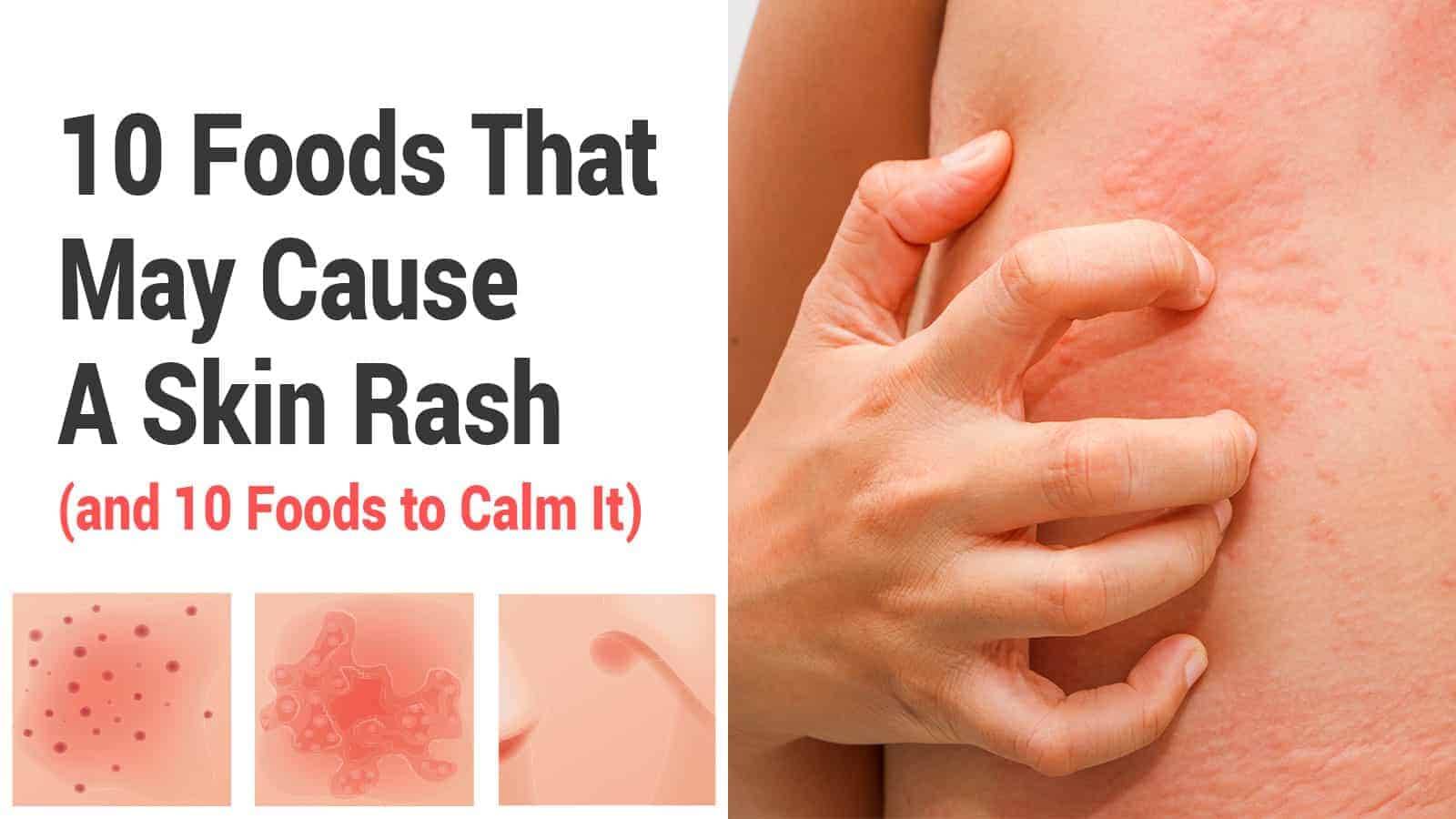Our skin, the body's largest organ, often reflects our internal health. While skincare routines are essential, the foods we consume play a significant role in skin health. Surprisingly, some common foods can trigger unexpected skin reactions. Let's explore these foods and understand how they might affect your skin.
1. Dairy Products
Dairy, including milk, cheese, and yogurt, is a staple in many diets. However, for some individuals, dairy can lead to skin issues like acne. This reaction may be due to hormones present in cow's milk, which can interact with human hormones, potentially increasing oil production and leading to clogged pores. Additionally, certain proteins in dairy might trigger inflammatory responses in sensitive individuals, exacerbating skin conditions.
2. High-Glycemic Foods
Foods with a high glycemic index, such as white bread, sugary snacks, and processed cereals, cause rapid spikes in blood sugar levels. These spikes can lead to increased insulin production, which may boost oil (sebum) production in the skin, contributing to acne development. Moreover, high-glycemic diets can promote inflammation, further aggravating skin conditions.
3. Processed Meats
Items like sausages, bacon, and deli meats often contain high levels of preservatives and sodium. Excessive salt can lead to water retention, causing puffiness, especially around the eyes. Furthermore, processed meats may contain nitrates and other compounds that can promote inflammation, potentially worsening skin conditions like acne or rosacea.
4. Shellfish
Shellfish, including shrimp, crab, and lobster, are rich in iodine. While iodine is essential for health, excessive intake has been linked to acne outbreaks in some individuals. Additionally, shellfish allergies are common and can manifest as skin reactions ranging from mild rashes to severe hives.
5. Nuts
Nuts like almonds, walnuts, and cashews are nutritious but can be allergenic for some people. Nut allergies often present as skin reactions, including itching, redness, or hives. Even in the absence of a true allergy, some individuals may experience sensitivity to certain nuts, leading to skin irritation.
6. Spicy Foods
Spicy dishes can cause blood vessels to dilate, leading to flushing and redness, particularly in individuals with rosacea. Capsaicin, the compound responsible for the heat in spicy foods, may trigger inflammatory responses in some people, resulting in skin flare-ups.
7. Soy Products
Soy contains phytoestrogens, which can mimic estrogen in the body. For some individuals, this hormonal activity may lead to skin issues such as acne. Additionally, soy allergies can cause skin reactions, including itching and rashes.
8. Alcohol
Alcohol consumption can dehydrate the skin, leading to dryness and premature aging. It also dilates blood vessels, which can cause redness and exacerbate conditions like rosacea. Moreover, alcohol can impair liver function, hindering the body's ability to detoxify and potentially leading to skin issues.
9. Eggs
Eggs are a common allergen, especially in children. Egg allergies can manifest as skin reactions, including hives, eczema, or swelling. Even in the absence of an allergy, some individuals may experience sensitivity to egg proteins, leading to skin irritation.
10. Wheat and Gluten-Containing Foods
For individuals with gluten sensitivity or celiac disease, consuming gluten can lead to various symptoms, including skin reactions like dermatitis herpetiformis, characterized by itchy, blistering rashes. Even without a diagnosed condition, some people may experience skin sensitivity to gluten.
Understanding Individual Responses
It's important to note that not everyone will experience skin reactions to these foods. Individual responses can vary based on genetics, existing health conditions, and overall diet. If you notice skin issues after consuming certain foods, it may be helpful to keep a food diary and consult with a healthcare professional or dermatologist.
Maintaining Skin Health Through Diet
To promote healthy skin, consider incorporating the following dietary practices:
- Balanced Diet: Ensure a diet rich in fruits, vegetables, whole grains, lean proteins, and healthy fats to provide essential nutrients for skin health.
- Hydration: Adequate water intake helps maintain skin hydration and elasticity.
- Limit Processed Foods: Reducing the intake of processed and high-sugar foods can decrease the risk of skin inflammation and related issues.
- Monitor Allergens: Be aware of any food allergies or sensitivities and avoid triggering foods to prevent adverse skin reactions.
Remember, while diet plays a crucial role in skin health, other factors like genetics, environment, and skincare routines also contribute significantly. Consulting with healthcare professionals can provide personalized guidance tailored to your specific needs.
Please follow for more articles like this.


